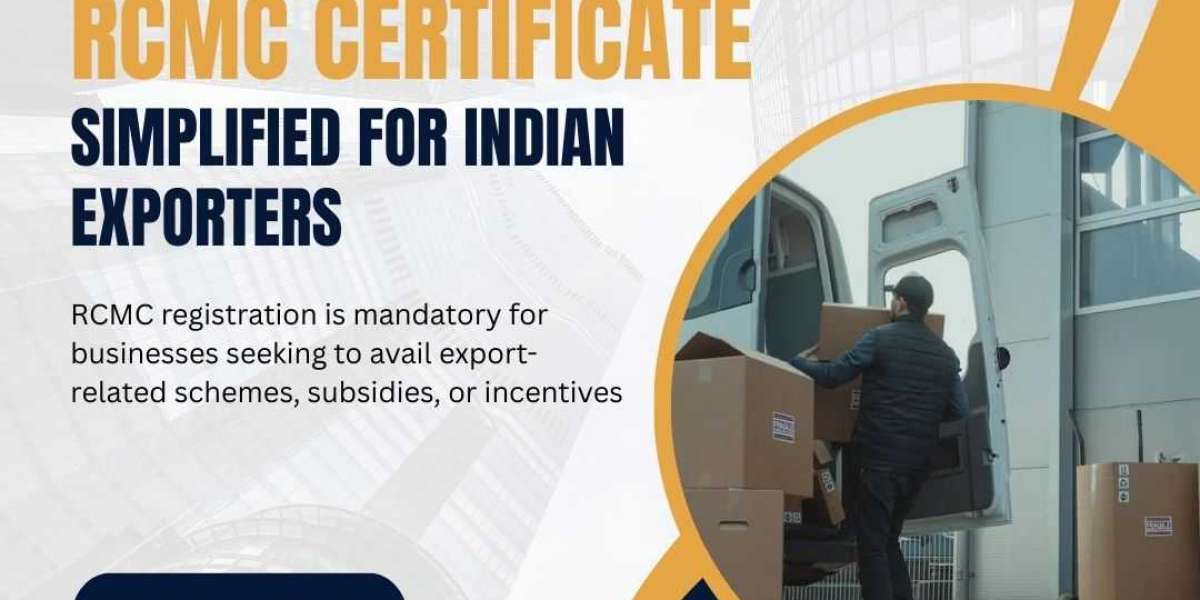The journey to building a credible supply chain begins at the source, where the very legitimacy of the exporter is established. For Indian firms, this means meticulous adherence to all legal and regulatory frameworks. A cornerstone of this is the RCMC (Registration-cum-Membership Certificate) in export, a vital document issued by Export Promotion Councils. Possessing an RCMC is not merely a formality; it is a stamp of credibility that signifies an exporter's official standing and their commitment to India's foreign trade policy. It is a fundamental credential that assures international partners of a business's authenticity. Beyond this, implementing rigorous quality assurance protocols is crucial. Adherence to international standards like ISO, HACCP for food products, or BIS for others ensures that a product’s quality is consistent and verifiable, protecting both the consumer and the brand's reputation.
Credibility must then be maintained throughout the entire journey. This is where modern technology and proactive management become indispensable. Traceability technology, such as blockchain and QR codes, allows for the creation of a transparent, immutable record of a product's journey. By providing real-time data on everything from the raw material source to processing, handling, and shipping conditions, exporters can build unparalleled trust with importers and end-consumers. For instance, a global buyer can scan a QR code to verify a product's origin in Uttar Pradesh, its quality certifications, and its complete logistical history.
Furthermore, a credible supply chain is a collaborative one. It demands careful selection of and partnership with logistics providers—from freight forwarders to shipping lines—who also adhere to high standards of integrity and efficiency. Meticulous and error-free documentation is a non-negotiable aspect, as any discrepancies can lead to costly customs delays, reputational damage, and financial penalties. Ensuring all paperwork is in perfect order is a direct reflection of a business's professionalism and its commitment to a smooth, transparent trade process.
The benefits of investing in a credible supply chain are multifaceted and significant. It directly reduces risk, minimizing the likelihood of consignment rejections, customs issues, and exposure to counterfeit claims. It unlocks premium market access, as many global retail chains and discerning buyers will only partner with suppliers who can prove their commitment to ethical sourcing and verifiable quality. Most importantly, it builds a powerful brand reputation that commands a premium and fosters lasting customer loyalty.
In conclusion, for Indian exporters aiming to thrive in the competitive global arena of 2025, building a robust supply chain is synonymous with building a credible one. By prioritizing legal compliance, implementing advanced traceability technologies, and fostering a culture of transparency from the source to the final destination, businesses can secure a resilient, profitable, and respected position in international trade.
In this dynamic global trade environment, an Agile Regulatory approach is absolutely critical for Indian exporters. With international trade policies, tariffs, and market access requirements subject to frequent changes, businesses must cultivate the agility to quickly monitor these shifts, adapt their compliance practices, and leverage digital tools to manage processes efficiently. This proactive and flexible mindset ensures that their supply chain not only meets current global standards but is also prepared to navigate future challenges, thereby maintaining continuous credibility and securing enduring market access







